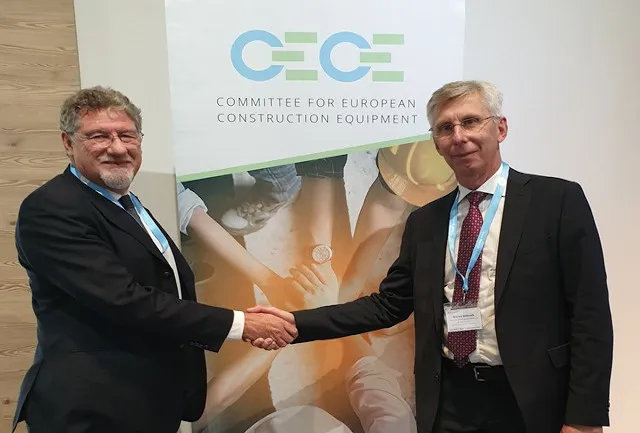However, EQAR points out that construction and demolition waste materials are valuable resources from which high-quality construction materials can be derived. The target of the EU Commission is to hit a target for recycling mineral wastes of 70% by 2020. For this to be achieved, construction material recycling has to be developed significantly.
By presenting the EQAR Award personalities, companies and universities and colleges are to be honoured for their engagement of many years, innovations or outstanding recycling projects. The EQAR Recycling Award 2018 will be presented in three categories. The award will be presented in Vienna on March 22nd, 2018 in the framework of the European Construction Material Recycling Congress.
Industry, university and individual entries are invited to enter for the award scheme. Entries should focus on contributing to increasing the acceptance, quality and profitability of recycled construction materials in Europe. These could be through innovative developments in the processing technology, research and development work or by the engagement of politics and associations.
Applicants for the Construction Material Recycling Award of EQAR are requested to send their application papers to the EQAR office before December 15th, 2017.
European Construction Material Recycling Award 2018
The European Quality Association for Recycling (EQAR) has announced its innovation award for construction material recycling in Europe. With the launch of the 2018 award, this will the third time the EQAR innovation award scheme has been run. Producing over 2 billion tonnes of waste the construction sector has the biggest output of waste materials of any industry in Europe, according to Manfred Wierichs, president of EQAR.
October 20, 2017
Read time: 2 mins
The 5473 European Quality Association for Recycling (EQAR) has announced its innovation award for construction material recycling in Europe. With the launch of the 2018 award, this will the third time the EQAR innovation award scheme has been run. Producing over 2 billion tonnes of waste the construction sector has the biggest output of waste materials of any industry in Europe, according to Manfred Wierichs, president of EQAR.








